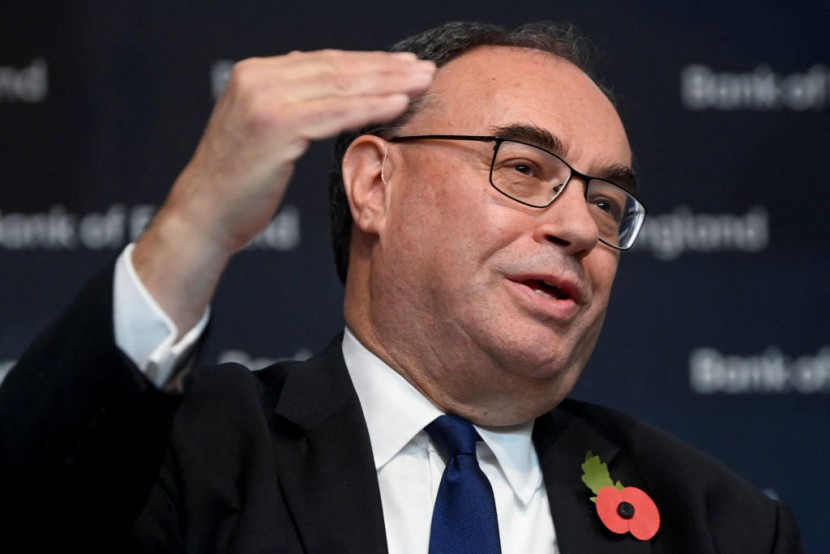
The Bank of England was warned that the United Kingdom will experience its longest recession in history but still continues to implement its largest rate increase in the last 33 years.
The UK's central bank also warned that the region would face a "very challenging" two-year slump with unemployment seeing nearly twice the numbers by 2025. In a statement, the chief of the bank, Andrew Bailey, warned of a "tough road ahead" for households in the UK. However, he said that the bank had to act forcefully in the short term or risk things becoming worse later on.
Historic Recession
The bank decided to increase rates to 3% from 2.25%, which is the largest increase since 1989. The increase in the rate is meant to bring down soaring prices as the cost of living in the region rises at its fastest rate in the last four decades.
Partly because of the war between Russia and Ukraine, food and energy prices have significantly jumped. The situation has left many households in the region facing hardship and it also started to drag on the economy, as per BBC.
A recession is when a country's economy shrinks for two three-month periods, or quarters, in a row. Companies typically make less money during a recession while salaries fall and the unemployment rate increases. This also means that governments receive less money in tax to use for public services such as health and education.
The Bank of England previously expected that the UK would fall into recession by the end of this year and noted that it would last the entirety of next year. However, it now believes that the economy had already entered a challenging situation this summer that it expects will continue until next year and into the first half of 2024.
According to the New York Times, bank officials said that they were determined to bring inflation to a more manageable level back to their 2% target and will use higher interest rates to achieve that goal.
Rising Inflation
However, the bank revealed that it was unlikely to raise interest rates as high as trades had expected, which is a sign that the British economy is already slowing down. The central bank expects inflation to rise to roughly 11% this year. This is less than it had previously forecast due to former Prime Minister Liz Truss' economical plans.
Bailey noted that they could not pretend to know what would happen in the future regarding gas prices. However, he added that they expected inflation to begin to fall back from the middle of next year, most likely quite sharply.
Following the bank's announcement, the British pound fell sharply, dropping 2% against the U.S. dollar to $1.117 while also dropping 1.2% against the euro. Since the last meeting of the Bank of England, the UK's financial markets have been suffering through a period of unprecedented turmoil.
However, Fed Chair Jerome Powell contrasted remarks made by Bailey, saying that rates may need to rise higher than previously expected in order to address the economical situation that the region is facing, CNN reported.








